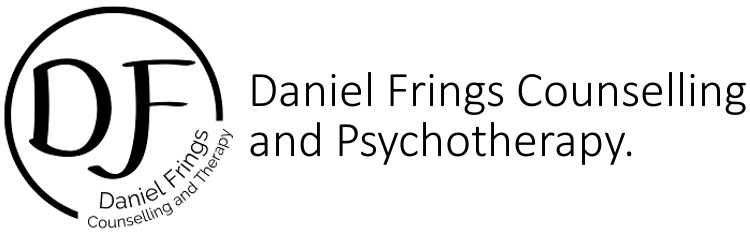How long does therapy take?
Every client, the issues they bring and the approach which suits them is unique. As a result, there is no simple answer to the question how long does therapy take?. However, it is helpful to get some idea of possible timeframes before making a commitment to counselling or therapy. In my practice (offering both face to face counselling and therapy in Faversham and also online sessions), I work with clients for period as short as a couple of months to longer term journeys spanning a year or more. There are also specific techniques (such as the Rewind technique for trauma) which can be as short as a single session.
But… how long does therapy take?
Good therapy cannot be rushed, but nor should it be a ‘lifestyle choice’ – you and your therapist should have a clear understanding of what you are aiming for, so you know when the goal has been achieved. Once this has been clarified and an initial time period agreed, you and your counsellor should take the work at your pace – ensuring you work at a pace and manner which works for you.
The longer the period of work you can do together, the deeper the therapy can go, offering a greater set of self-insights and a chance to address the fundamental issues which cause the surface ‘symptoms’ (or experiences of distress as I like to think of them as). Thus, the issues you want to work on will to some extent influence how long you can expect to be in counselling for. Over the years of my practice, I have developed a set of observations about which sort of issues are likely to be helpfully explored in different timeframes. These may provide a good starting point for conversations with your counsellor or therapist about expectations.
How long does therapy take for different issues?
Mild anxiety and depression
Single instance traumatic events (see the Rewind)
Grief and bereavement
Specific life issues, including life transitions
Moderate to severe anxiety and depression
Trauma and abuse
Relationship issues
Challenges around relating to oneself
Severe distress when relating to the self and others
Complex trauma and abuse
Severe anxiety and depression
Where other approaches have not helped
These are some rough guidelines, and it really does vary between individuals. It’s also worth noting that things can change over the course of the work, with new issues arising or priorities changing. Because of this, I offer open-ended therapy, which means we agree an initial number of sessions, and then we review and extend the duration if we both feel it will benefit you as the client.
Counselling in Faversham or online.
Hopefully this article gives you a some initial expectations about how long therapy will take. If you are interested in exploring therapy, learning more about my style of working, or arrange a no commitment initial discussion (by phone or online), please click learn more here. I offer both face to face and online sessions.
